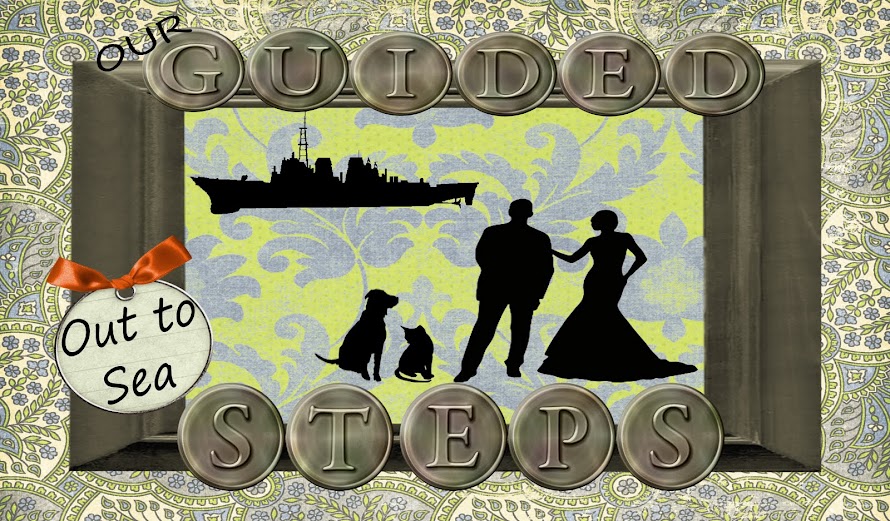The Suez Canal ( In Arabic: Qanat as-Suways ), is an artificial sea-level waterway running north to south across the Isthmus of Suez in Egypt to connect the Mediterranean Sea and the Red Sea. The canal separates the African continent from Asia, and it provides the shortest maritime route between Europe and the lands lying around the Indian and western Pacific oceans. It is one of the world's most heavily used shipping lanes.
The Suez Canal is one of the most important waterways in the world.
The excavation took some 10 years using forced labor of Egyptian workers during a certain period. Some sources estimate that over 30,000 people were working on the canal at any given period, that altogether more than 1.5 million people from various countries were employed and that thousands of laborers died on the project.
The excavation took some 10 years using forced labor of Egyptian workers during a certain period. Some sources estimate that over 30,000 people were working on the canal at any given period, that altogether more than 1.5 million people from various countries were employed and that thousands of laborers died on the project.
The canal opened to shipping on 17 November, 1869. Although numerous technical, political, and financial problems had been overcome, the final cost was more than double the original estimate.
The banks of the Canal are protected against the wash and waves, generated by the transit of ships, by revetments of hard stones and steel piles corresponding to the nature of soil in every area. On both sides of the Canal, there are mooring bollards every 125 m for the mooring of vessel in case of emergency, and kilometric sign posts helping locate the position of ships in the waterway. The navigable channel is bordered by light and reflecting buoys as navigational aids to night traffic

On one side of the canal the landscape is lush with greenery. Palm trees and vegetation line the waterways for as far as the eyes can see.













By 1955 approximately two-thirds of Europe's oil passed through the canal. About 7.5% of world sea trade is carried via the canal today. In 2008, a total of 21,415 vessels passed through the canal and the receipts from the canal totaled $5.381 billion. Average cost per-ship is roughly $250,000.00. Tolls paid by the vessels represent an important source of income for the Egyptian government.
























No comments:
Post a Comment